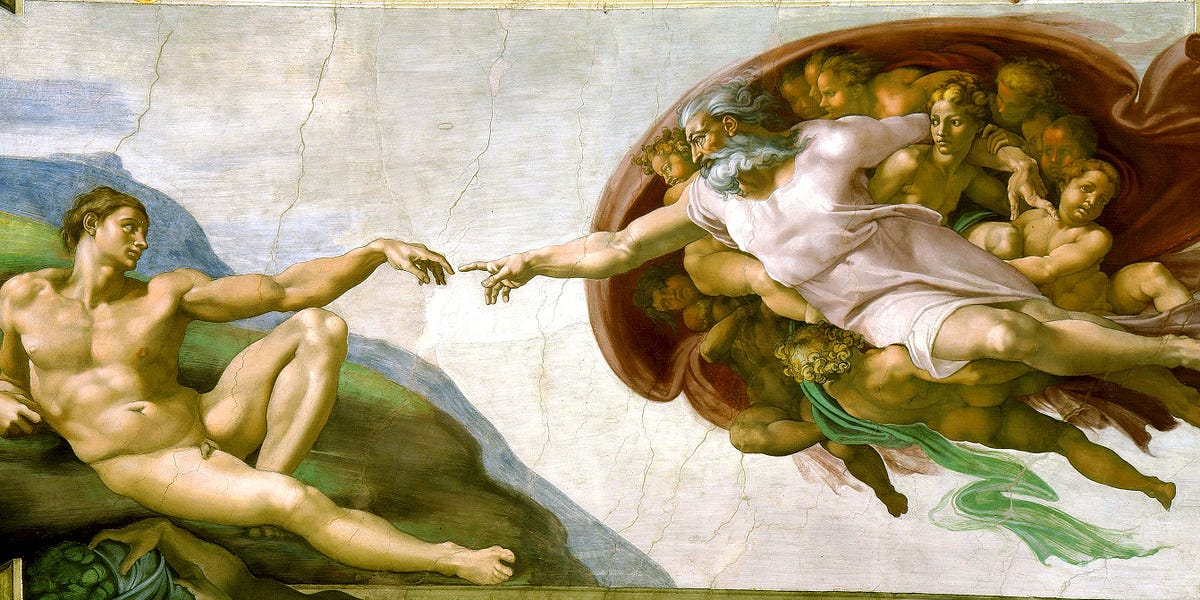
Saved by Stuart Evans and
Philosophy, Not Science

Saved by Stuart Evans and
Wittgenstein was hostile to modern philosophy as he found it. He thought it the product of a culture that had come to model everything that matters about our lives on scientific explanation. In its ever-extending observance of the idea that knowledge, not wisdom, is our goal, that what matters is information rather than insight, and that we best
... See moreas Antonio Garcia Martinez more colorfully put it in an episode of Moment of Zen:
“Tell us what Bayes Theorem says about Israel vs Palestine. Tell us what Bayes Theorem says about how to be a good father. Tell us what Bayes Theorem says about what’s the meaning of life.”
Reason provides poor answers to these questions, and so trying to determine what
... See more